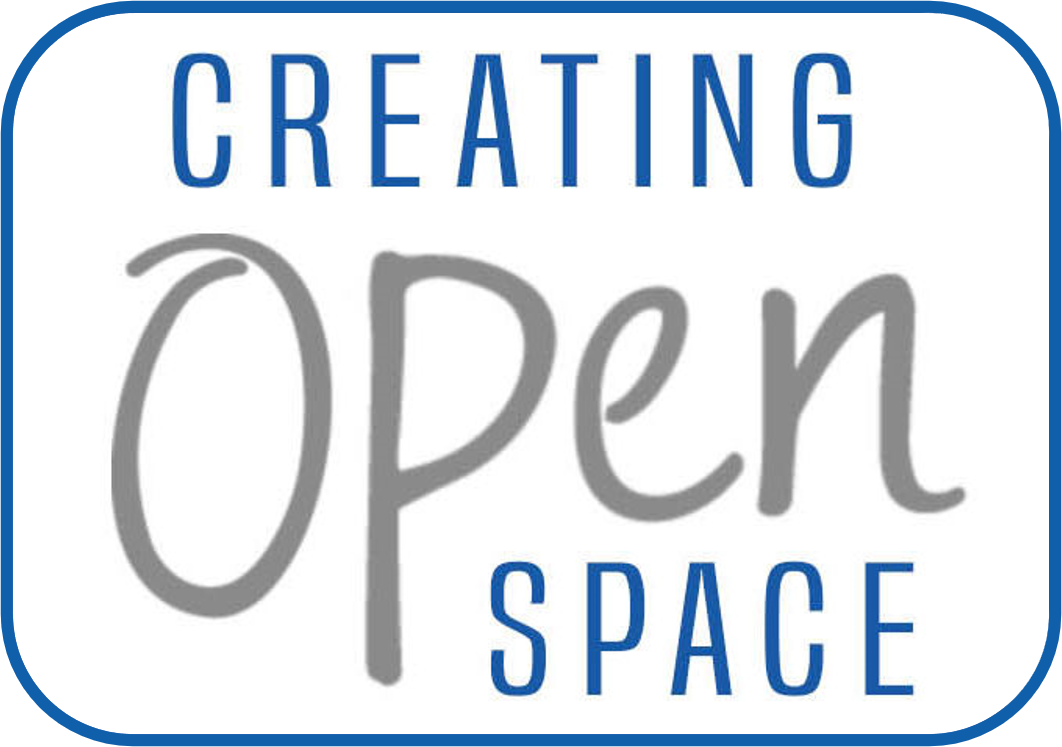What We Learned
What comes of spending three days with two coaches and (most importantly) a group of people who share ambitious and courageous goals for life and leadership? In their own words, here’s what our participants told us that they learned:
New Strategies for:
Improving Relationships & Communications & Performance
Improving Self-Awareness
Identifying strengths and weaknesses
Gaining Perspective
Giving Feedback
Getting to the Next Level
Creating Desired Results
Leading Across Differences
Designing Conversations
Prioritizing
Engaging Staff
Managing Effectively
New Tools
1st vs. 2nd Order Learning
Assessments vs. Assertions
Emotional Intelligence
“Carefrontation”
Responsible Complaints
Overall, participants described their time as:
Eye-Opening
Life-Changing
Enlightening
Insightful
Approachable
Practical
Memorable
Actionable
Must-Do
Well worth the time
Game-Changing - Personally & Professionally
What bothers me is that we all need and deserve time like these. Which of these do you need more of for yourself? For your team or organization? And where do you start? Here are a few practical steps to get started:
Declare room for growth. Move from knowing to wondering; begin living more like an explorer whose job is to continually explore greater understanding and new possibilities.
Link growth goals to results that have great magnetism for you. We rarely grow much for the sake of growth itself. Rather, we grow when there is an imperative – something of great personal importance.
Find a partner in the process. There are no lone rangers on the journey of growth. Find someone to share your goals with, and to hold you accountable for making progress towards them. Set up a support system and lean on it.
Try out a new approach. New strategies and tactics represent “1st-order learning.” As the saying goes…”If you always do what you’ve always done…(you’ll always get what you’ve always got.)”
Try on a new mindset. New assessments, assumptions, and beliefs represent “2nd order learning.” If nothing you’ve tried (#4 above) is working, you have one option remaining: identify beliefs that are not helpful (given what you say you want), and adopt more helpful beliefs.
I know this is easy to say, much harder to put into practice. That’s why I have a job(!). Yet I also believe that each of us is capable of creating more space for our own growth than we typically do. There are 24 hours in each day, 7 days in each week. How long will pass before you have the type of experience described by our participants?
